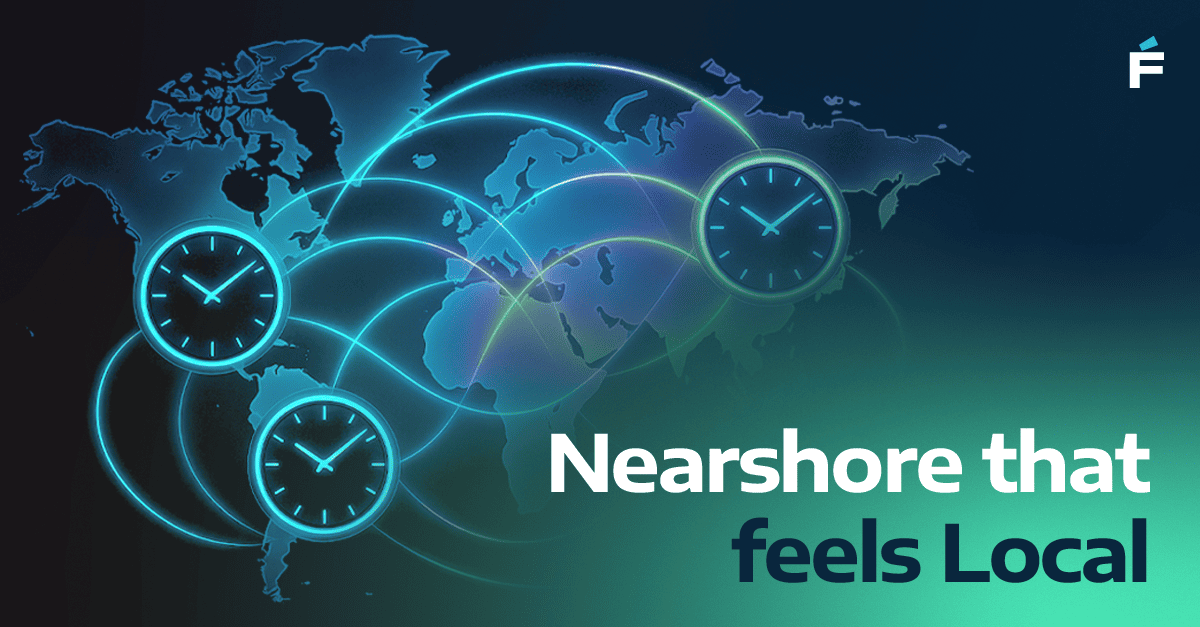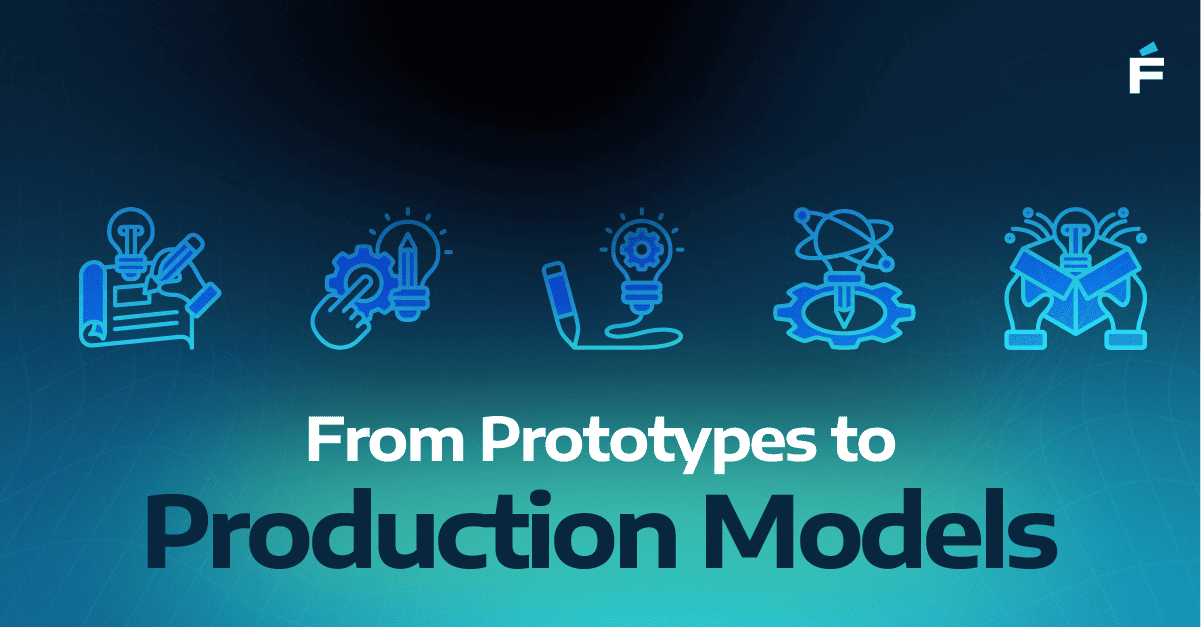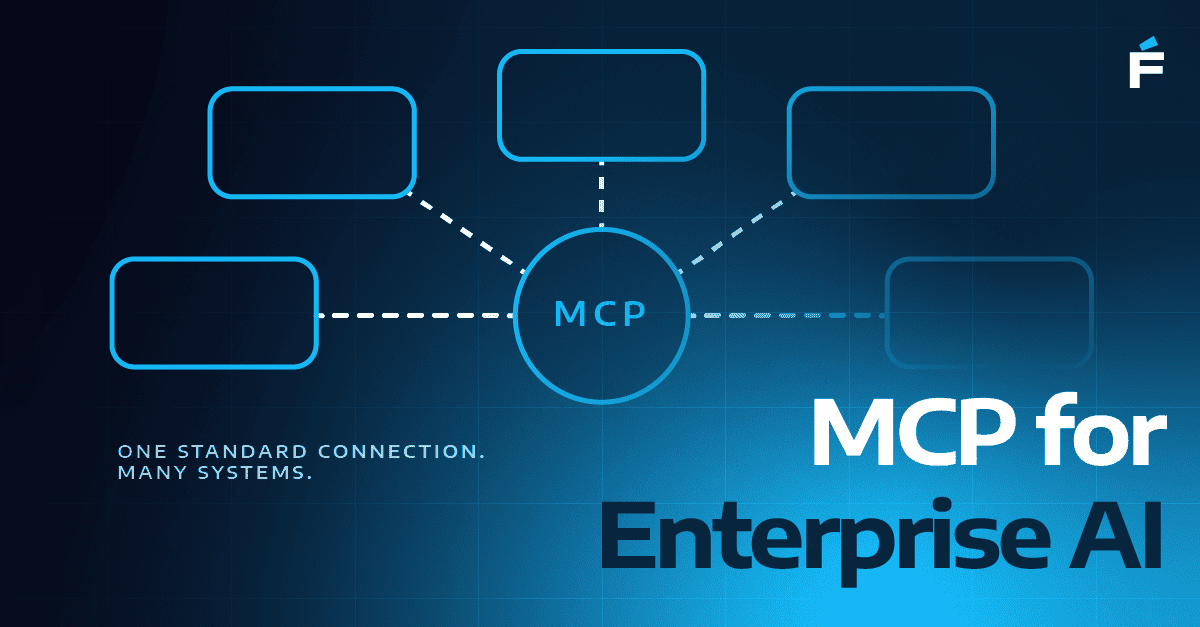Decentralization is a key trend reshaping industries. The push towards decentralized models is transforming how we manage, secure, and utilize data. In this blog post, I explore the convergence of Data Mesh 2.0 and Web3, emphasizing the crucial role of a strong data engineering organization in enabling data literacy and leveraging AI to drive revenue and reduce operational costs.
Data Mesh 2.0: A New Era of Data Governance
Data Mesh 2.0, as highlighted in this Capital One article, revolutionizes data governance by decentralizing data ownership and promoting a federated computational governance model. This approach empowers domain teams to manage their own data products, enhancing data accessibility, trust, and quality across the organization. Key principles of Data Mesh 2.0 include:
- Data as a Product: Treating data as a product, with dedicated owners responsible for ensuring its quality and usability.
- Self-Serve Data Platforms: Providing domain teams with the tools and infrastructure to create, maintain, and use data products without needing deep technical expertise.
- Federated Computational Governance: Decentralizing governance while adhering to global rules to ensure data consistency and interoperability across the organization.
Web3: Decentralization Beyond Data Governance
Web3, the next generation of the internet, extends the principles of decentralization to various domains, including finance, identity management, and digital assets. Built on blockchain technology, Web3 aims to create a more open, secure, and user-centric digital ecosystem. Key features of Web3 include:
- Decentralized Finance (DeFi): Enabling financial transactions without intermediaries, reducing costs, and increasing accessibility.
- Decentralized Identity (DID): Allowing users to control their digital identities without relying on centralized authorities.
- Smart Contracts: Automating and securing agreements through self-executing contracts on the blockchain.
The Synergy Between Data Mesh 2.0 and Web3
The convergence of Data Mesh 2.0 and Web3 creates a powerful paradigm for managing and utilizing data in a decentralized world. By integrating these approaches, organizations can achieve:
- Enhanced Data Governance: Decentralized data ownership and governance models from Data Mesh 2.0 can be strengthened with blockchain’s immutability and transparency, ensuring robust data integrity and security.
- Improved Data Accessibility: Web3’s decentralized infrastructure can facilitate seamless data sharing across domains, reducing silos and enhancing data democratization.
- Innovation and Efficiency: Combining the self-service capabilities of Data Mesh 2.0 with Web3’s decentralized applications can drive innovation, operational efficiency, and cost reduction.
Enabling Data Literacy and Leveraging AI
To fully realize the potential of these decentralized models, organizations must prioritize building a strong data engineering foundation. This requires data literacy – providing accessible tools and training to empower non-technical users to perform queries, create dashboards, and make data-driven decisions. Data literacy is essential for harnessing the full value of decentralized data.
It also requires AI and advanced analytics, implementing AI and machine learning algorithms to analyze decentralized data, forecast trends, and automate processes. This not only drives revenue growth but also reduces operational costs by improving efficiency and decision-making.
Conclusion
The future of data governance and management lies in embracing decentralization through Data Mesh 2.0 and Web3. By building a robust data engineering organization, fostering data literacy, and leveraging AI, businesses can unlock new opportunities for innovation, efficiency, and growth. As we move towards a more decentralized digital ecosystem, the synergy between these approaches will be pivotal in shaping a data-centric future.
Forte Group is a leader in custom software, data, blockchain and Web3 solutions. Feel free to connect and discuss how we can collaboratively advance your data strategies in this new era of decentralization.




